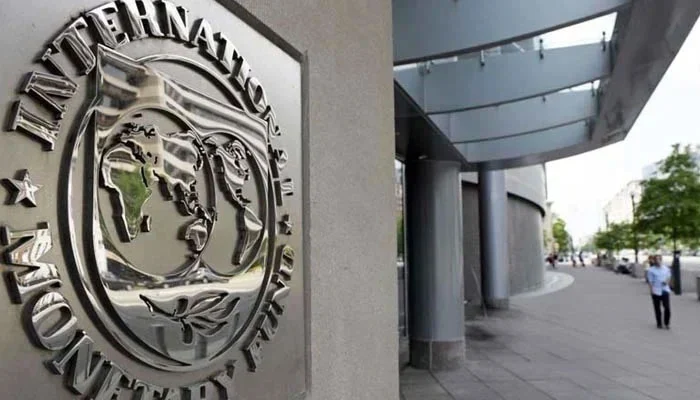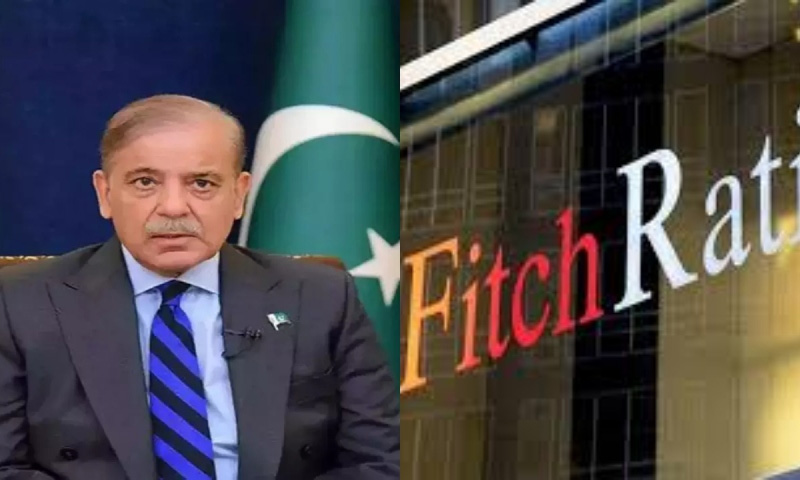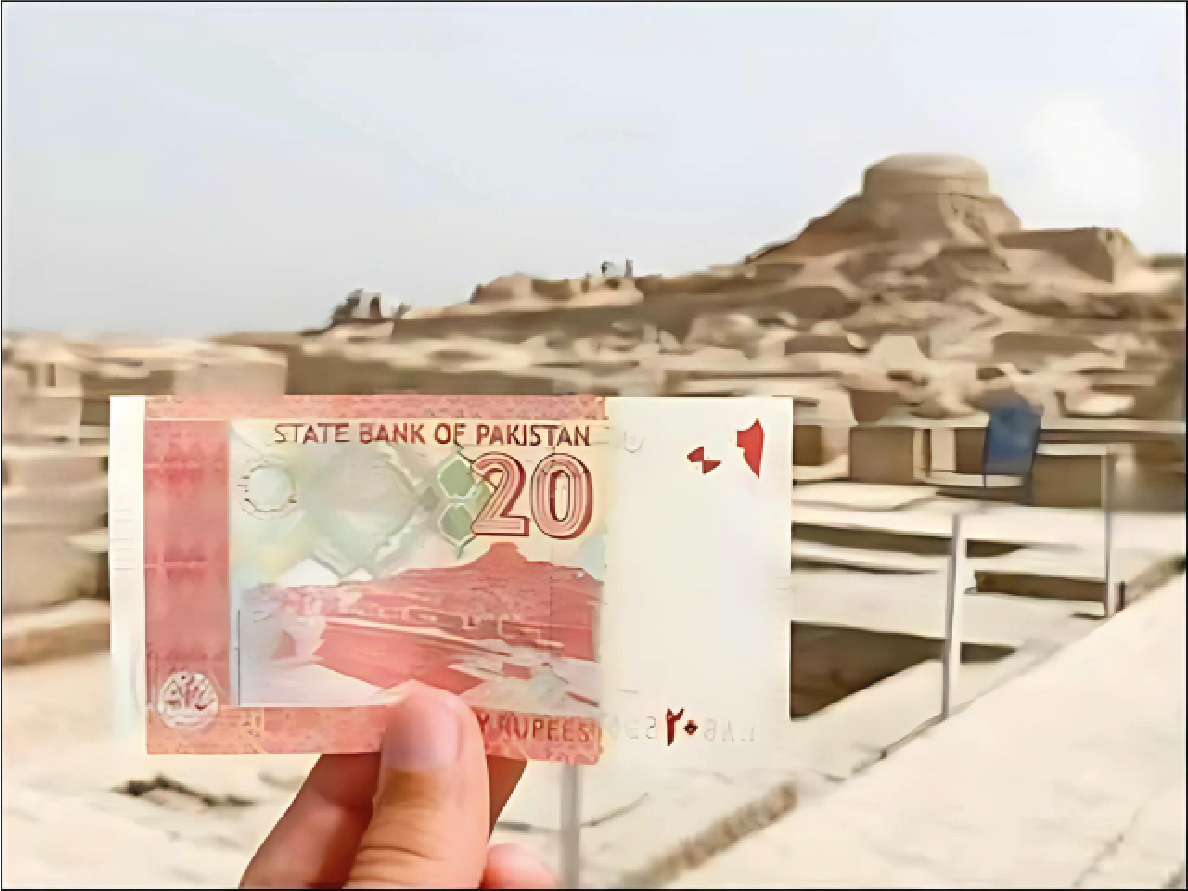On Thursday, the Senate Standing Committee on Economic Affairs convened to discuss Pakistan’s financial dealings with the International Monetary Fund (IMF) and assess the status of various development projects.
The meeting, chaired by Senator Saifullah Abro, was attended by high-ranking officials from the Ministry of Finance and the State Bank of Pakistan (SBP).
The session was a critical review of the IMF funds received by Pakistan, specifically focusing on the Stand-By Arrangement (SBA) for 2023. The key highlight was Pakistan’s recent IMF loan secured at a high interest rate of 5.09%. This loan, amounting to $3 billion, was part of the SBA granted to stabilize the nation’s economy.
During the meeting, officials provided a comprehensive breakdown of the IMF loan details. Since the initiation of its first IMF program, Pakistan has received a total of 21,260 million Special Drawing Rights (SDRs) from the IMF. The outstanding principal amount, as of June 30, 2024, is SDR 6,369 million. Additionally, the country has paid SDR 2,439 million in interest on these loans since 1984.
The committee raised concerns about the utilization of the IMF funds. Senator Abro questioned why Rs90 billion was allocated to political schemes despite the loan, urging a detailed account of how the borrowed funds were used. The committee demanded transparency regarding the allocation and utilization of IMF funds.
The committee was briefed on the ongoing and completed projects funded by both multilateral and bilateral sources. These included significant initiatives in the water and power sectors. Notable among these projects were the Tarbela Dam hydropower expansion and the Dasu Hydropower project.
The Tarbela Dam expansion project, initiated in 2017, is slated for completion by September 2027. This project aims to increase power generation by 1,410 MW and includes a 500kV double circuit line. As of the latest update, 33% of the electro-mechanical works are completed. Challenges related to right-of-way and registration have impacted the project’s timeline and budget.
Senator Kamil Ali Agha raised concerns about the project’s revised PC1 and potential financial losses due to delays. The officials acknowledged these issues, noting that delays in construction and land acquisition have affected progress.
The Dasu Hydropower project, expected to generate 2,160 MW of electricity, has also faced delays. Initially planned for completion in 2024, the project is now anticipated to finish in 2028. Issues with land acquisition and security have hindered progress. The project has incurred financial losses, and the physical progress remains limited.
The Dasu transmission line, valued at $700 million, is divided into three lots. Lot 1, starting in February 2023, includes 604 towers. However, as of the latest update, the foundations for these towers are still incomplete. Concerns about timely completion and budget overruns were voiced by the committee.
The meeting also covered the detailed utilization and repayment of IMF loans. From 2005 to 2023, Pakistan made significant principal and interest payments on Eurobonds and Sukuk. For instance, in 2005, $156 million was paid in principal and $291 million in interest. The following years saw varying amounts of principal and interest payments, with significant repayments in 2019 and 2020.
The committee scrutinized the interest payments, which include $1,000 million in principal and $55 million in interest as of June 2024. The ongoing Eurobonds outstanding balance is $6,800 million.
The committee expressed concerns over the non-participation of the Federal Minister for Economic Affairs in the meeting. Senator Abro emphasized the need for improved ministerial participation to address various financial and project-related issues effectively.
The committee directed that the working papers be provided to enable a detailed examination of the issues and formulate recommendations for better financial management and project execution.




